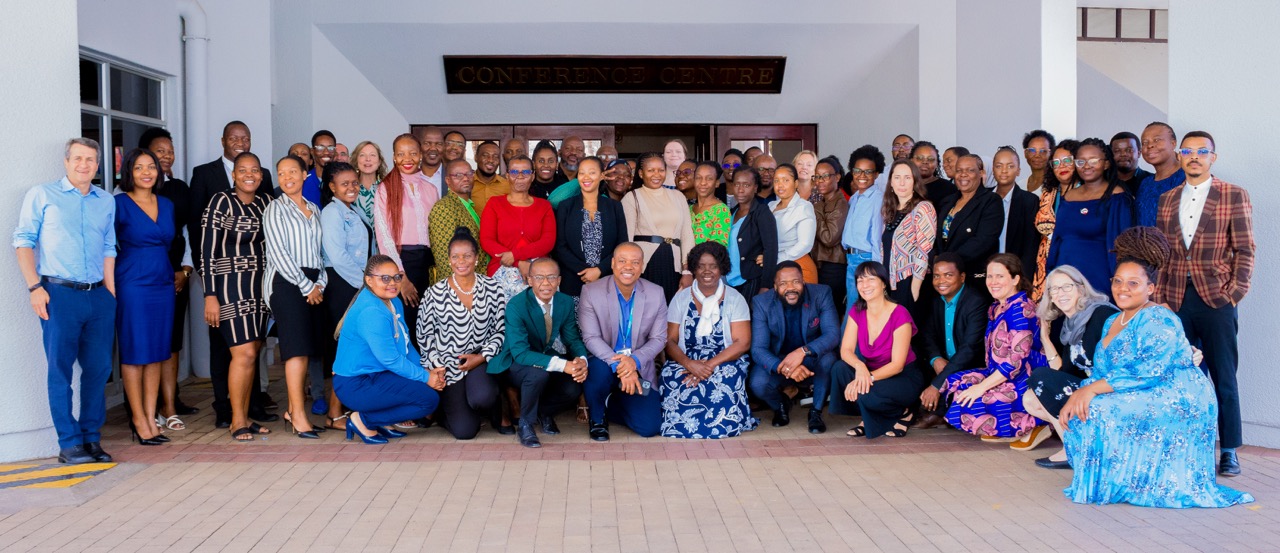
BHP Sets New Research Agenda
The Botswana Harvard Health Partnership (BHP) held a pivotal two-day scientific retreat from September 9-10, 2024, at the Avani Gaborone Resort and Casino. As part of the Principal Investigator’s Week (PI Week), the retreat brought together around 94 in-person attendees, and at least 10 virttual attendees including investigators, research fellows, and key stakeholders, to review BHP’s research agenda and explore new opportunities to address public health challenges.
The retreat focused on reassessing research priorities, strengthening collaboration, and identifying future research areas aligned with Botswana’s and global health needs. In his opening remarks, BHP Board Chair Prof. Roger Shapiro commended BHP’s adaptability, stating, “BHP’s ability to move beyond its original HIV mandate and address emerging public health threats is a testament to its resilience and vision for the future.”
The first day of the retreat featured presentations on diverse topics, including maternal and child health, HIV cure research, vaccine development, non-communicable diseases (NCDs), COVID-19, and infectious diseases. Notable discussions centered on HIV drug resistance, long-acting therapies, and mental health interventions for women living with HIV.
Day one concluded with three panel discussions on strengthening collaborations, the future of HIV research, and addressing community engagement and regulatory challenges.
On the second day, BHP’s support service departments, including Data Management, Information Technology, Finance, Grants, Pharmacy, and Laboratory Services, presented their plans and discussed challenges. The day also featured panels on improving grant applications, expanding non-HIV research, and building capacity for big data science.
Future Research Directions
At the retreat's conclusion, participants identified key priorities for future research at BHP, including:
1.HIV cure and drug resistance:
2.Optimizing the health of people living with and affected by HIV including ageing and associated co-morbidities.
3. Vaccine studies: Expanding research in vaccine development eg for HIV, HPV, STI’s.
4. Internal collaborations: Strengthening intra-organizational partnerships.
5. Pathogenomics & Pathogen surveillance: Monitoring emerging pathogens and surveillance.
6. Mental and reproductive health: Focusing on mental health, sexual and reproductive health & menopause
7. Health economics.
8. Diversified funding: Exploring additional funding beyond grants.
9. Training opportunities: Increasing training for lab, clinical, and support staff.
10. Non-communicable diseases: Expanding research into NCDs.
11. Community-driven priorities: Addressing substance abuse and interpersonal violence.
12. Implementation strategies: Improving research-to-practice translation for optimized health outcomes.
13. Implementation science: Translating research findings and advocacy for transformative research outcomes driven health system practice .
14. Big data science: Investing in bioinformatics and big data analytics infrastructure.
Reflecting on the retreat, BHP CEO Dr. Joseph Makhema expressed optimism about the future, stating, “The future of BHP research lies in our ability to adapt, collaborate, and innovate. We are ready to take on new challenges and continue making global impact.”




